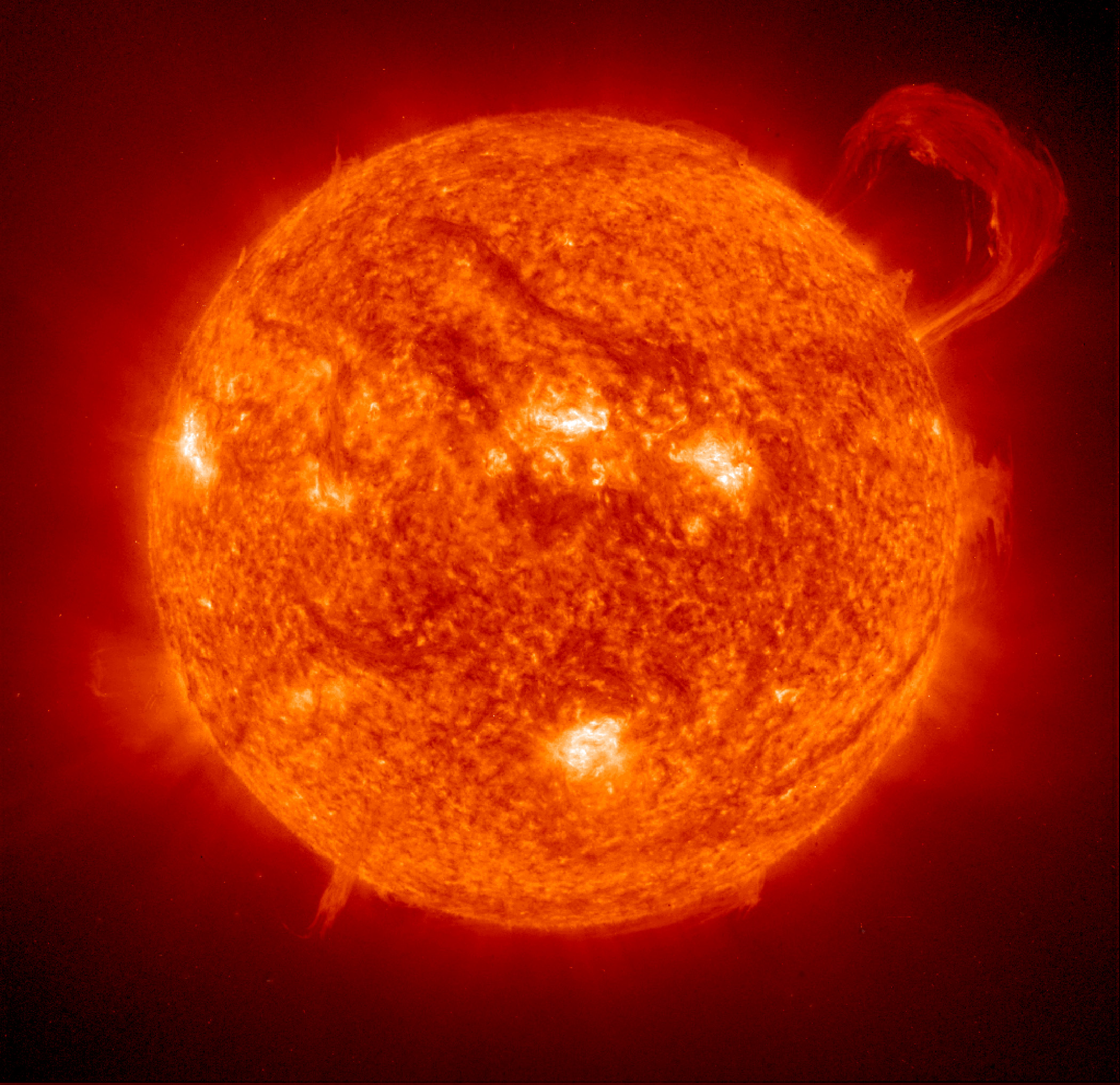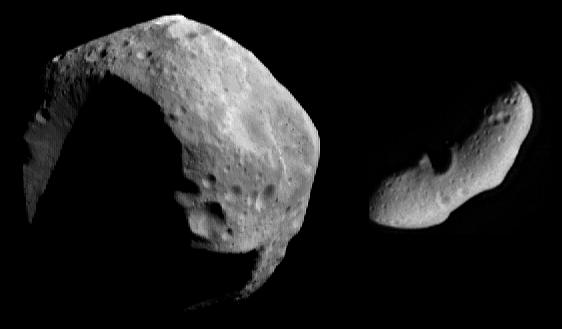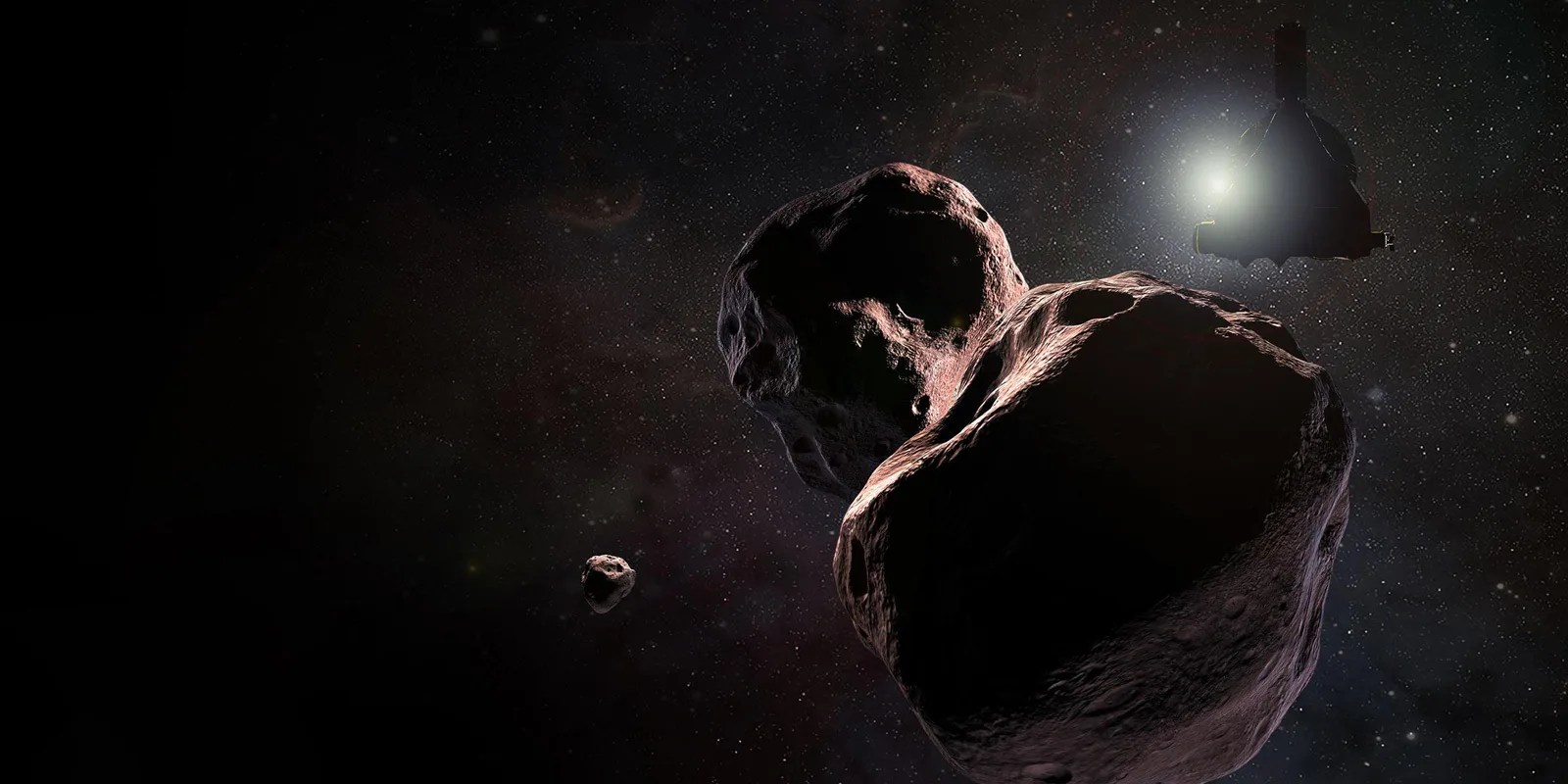4 min read

The 2018 Webby Awards have honored NASA's digital communications with one Webby, while three other NASA properties won the People's Voice Awards, given by popular vote, in their categories.
"Thank you to all of our NASA fans for your support in the voting and for your continued engagement with our websites and social media." said Jen Rae Wang, NASA's associate administrator for communications. "Credit for these awards goes to our extraordinary digital media teams throughout the agency and to the NASA employees who recognize the importance of our digital presence and support it. We will continue strive to set a standard of excellence for galaxy-wide communications.”
The winners, nominees and honorees this year were:
Solar System Exploration: first Webby Award and second People's Voice Award for science website.
NASA's flagship website: 10th People's Voice Award for government. This is the third consecutive People's Voice Award for the site, which has also won three Webbys.
Exoplanet Exploration: first nomination and first People's Voice Award, in the Weird category.
Jet Propulsion Laboratory social media: People's Voice award for Corporate Communications.
Climate Change website: nominee in the Green category. The site has previously won a Webby Award and People's Voice Award.
NASA's Snapchat account: nominee in the Education and Discovery category.
The Cassini project's Real-Time Grand Finale was honored in the Best Use of Online Media.
The Office of Communications has managed NASA.gov, the agency's primary site on the World Wide Web, since 1994, setting a high standard for government online communications. The site has been awarded the Webby for government websites in 2003, 2012 and 2014, while the public has voted it the winner of the People's Voice award 10 times since 2002, most recently last year. The site receives almost 350,000 visits a day, surging when news piques the interest of the public. In 2017, the site anchored NASA's most popular online event ever: coverage of the Aug. 21 solar eclipse. More than 40 million people watched live TV coverage from across the path of totality on NASA.gov, the agency's Facebook page and other platforms. More than 12 million people watched multiple live video feeds of the eclipse from the ground, aircraft and balloons on NASA.gov, and the site saw almost 26 million sessions total, nearly a fifth of the year's total in one day.
NASA's Jet Propulsion Laboratory, which manages the Solar System Exploration, Exoplanet, Climate Change and Cassini sites, has produced many Webby and People's Voice winners over the years. The Climate Change website won the Science Webby in 2011 and 2015, as well as the People's Voice for Science in 2010. In 2013, the Solar System Exploration site won Webbys for both Government and Science, while the Mars Curiosity Rover Social Media Campaign won the Webby and People's Voice for Best Overall Social Presence. Most of NASA's awards have been in the government, science and education categories; the Exoplanet Exploration site's nomination is NASA's first in the Weird category.
NASA’s social media presence comprises more than 525 social media accounts on 18 platforms. Through this presence, NASA seeks to not just share new discoveries and stories about space exploration on social media, but to do so in a way that is understandable and engages the public to interact with our content. The agency’s flagship Twitter account now has more than 29 million followers, the most of any federal government agency and is in the top 100 overall accounts on the platform. NASA's flagship Instagram account has over 31 million followers and is in the top 50 accounts on the platform, in addition to NASA being the popular federal agency on Facebook and Google+. NASA maintains a robust presence sharing behind-the-scenes stories on Snapchat and curates highlights from around the agency on Tumblr, Pinterest, and GIPHY. All told, NASA's social media presence reaches more than 173 million followers across all agency accounts. Thanks in large part to social media, more people are now connecting and engaging with NASA and learning about its missions.
Established in 1996 by the International Academy of Digital Arts and Sciences, the Webby Awards honor excellence on the internet, including websites, advertising and media, online film and video, mobile sites, apps and social media. The Webby in each category is awarded by a judging panel, but members of the public can register with the Webby Awards and vote for the People's Voice Award in each category.







